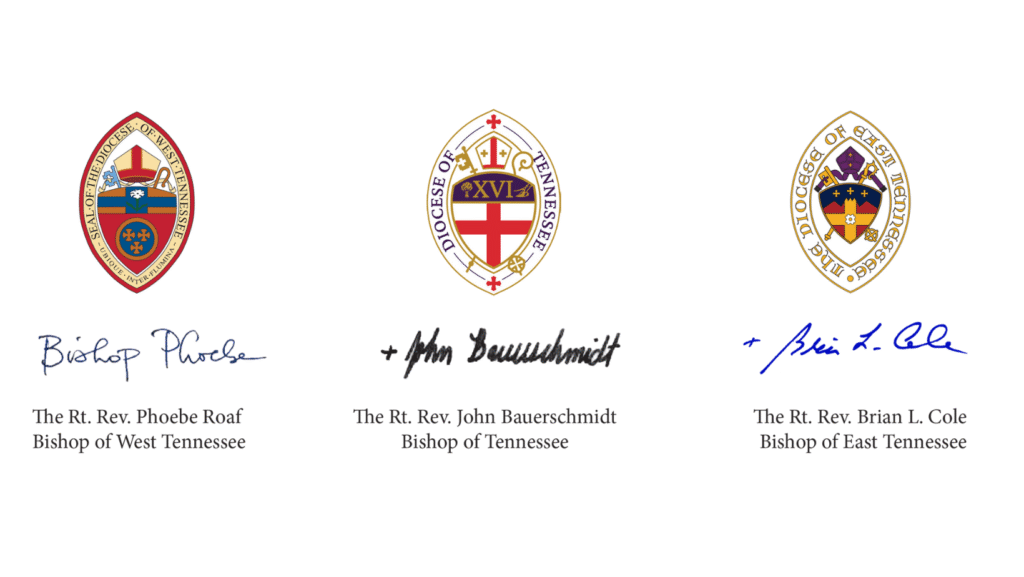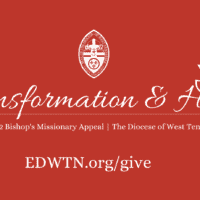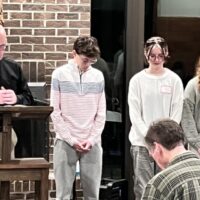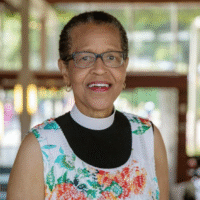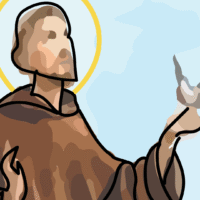Since the 1958 General Convention of the Episcopal Church, our Church has consistently called for an end to the death penalty. In 1979, 1991, 2000, 2015, and even more recently in 2018, the Episcopal Church gathered in Convention has repeatedly opposed the imposition of capital punishment. This position is consistent with the Christian moral vision, of a redeemed and reconciled humanity under Christ (Rom. 5:10), and with principles of human dignity held by many other persons of goodwill.
A resolution adopted in at the 2000 General Convention called for an end to the death penalty, and urged study and action by parishes and dioceses. Opposition to capital punishment is rooted in “the inequity as applied to minorities, the poor and those who cannot afford adequate legal representation, the contribution to continued violence, and the violation of our Baptismal Covenant” (Resolution A083). We believe these considerations argue for a moratorium on the exercise of the death penalty.
There is no doubt that a society can hold persons accountable for their actions. The common good requires common action in matters of justice. The alternative is social chaos. The question is whether in the process of holding people accountable by the death penalty, social cohesion and the good of society will be maintained or undermined by the process itself.
Equity is a basic principle of justice. When there is the perception that persons are treated unequally, justice is undermined and the fabric of social life is degraded. The death penalty continues to be applied disproportionally within minority communities, with the poor, and with those without adequate legal representation. In imposing this penalty, our community is demoralized and social cohesion fragments, undermining the good of society. Because it is an ultimate penalty, it has a heightened profile. The exercise of the death penalty does not deter social chaos: it actually promotes it.
The death penalty degrades our societal sensitivity to violence. It cannot deprive anyone of their humanity even in the course of depriving them of life; but this ultimate penalty can coarsen and debase the members of a society that exercises it. Our Baptismal liturgy calls the members of the Church to “respect the dignity of every human being”; a dignity that is rooted in humanity’s creation in the image and likeness of God (Gen. 1:26). In respecting the dignity of others we acknowledge our own dignity as creatures of God, called to pursue the common good in community with others.
We remind our parishioners that Jesus calls us to mercy, not vengeance (Matt.5:38-39). The Apostle Paul reminds us that only God’s judgment is ultimate (Rom. 12:19). We call again for a moratorium on the exercise of the death penalty in our state.
